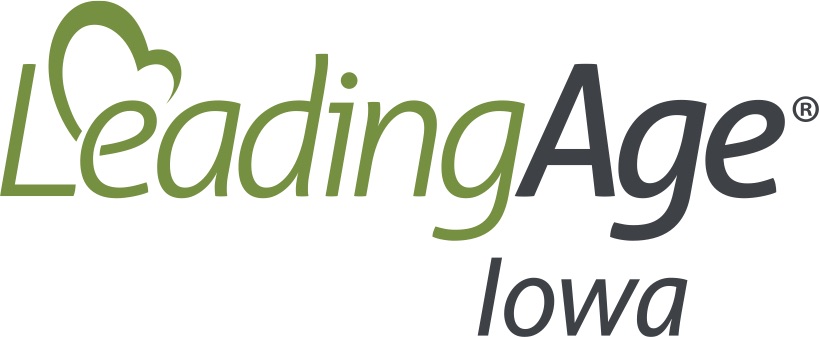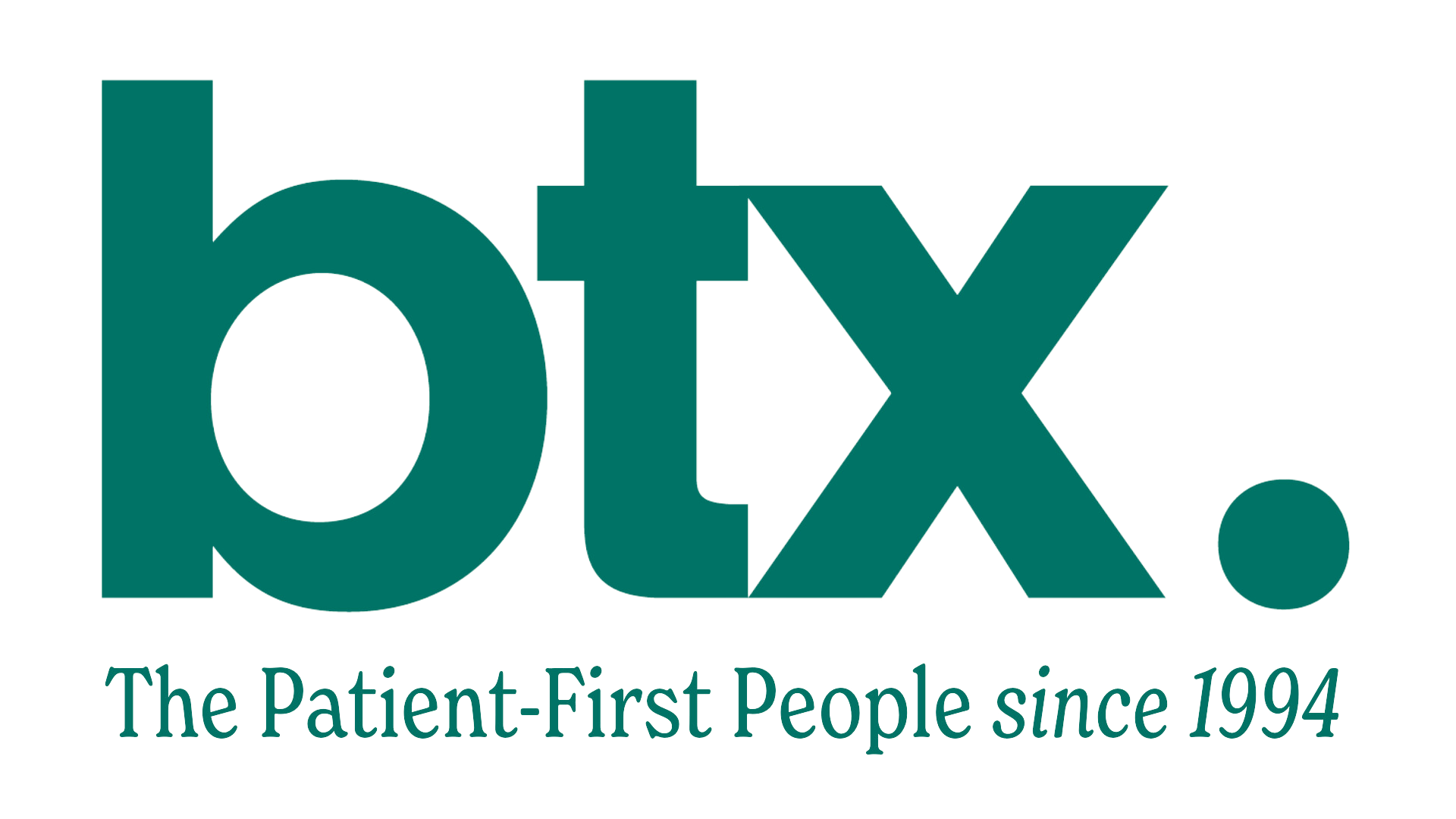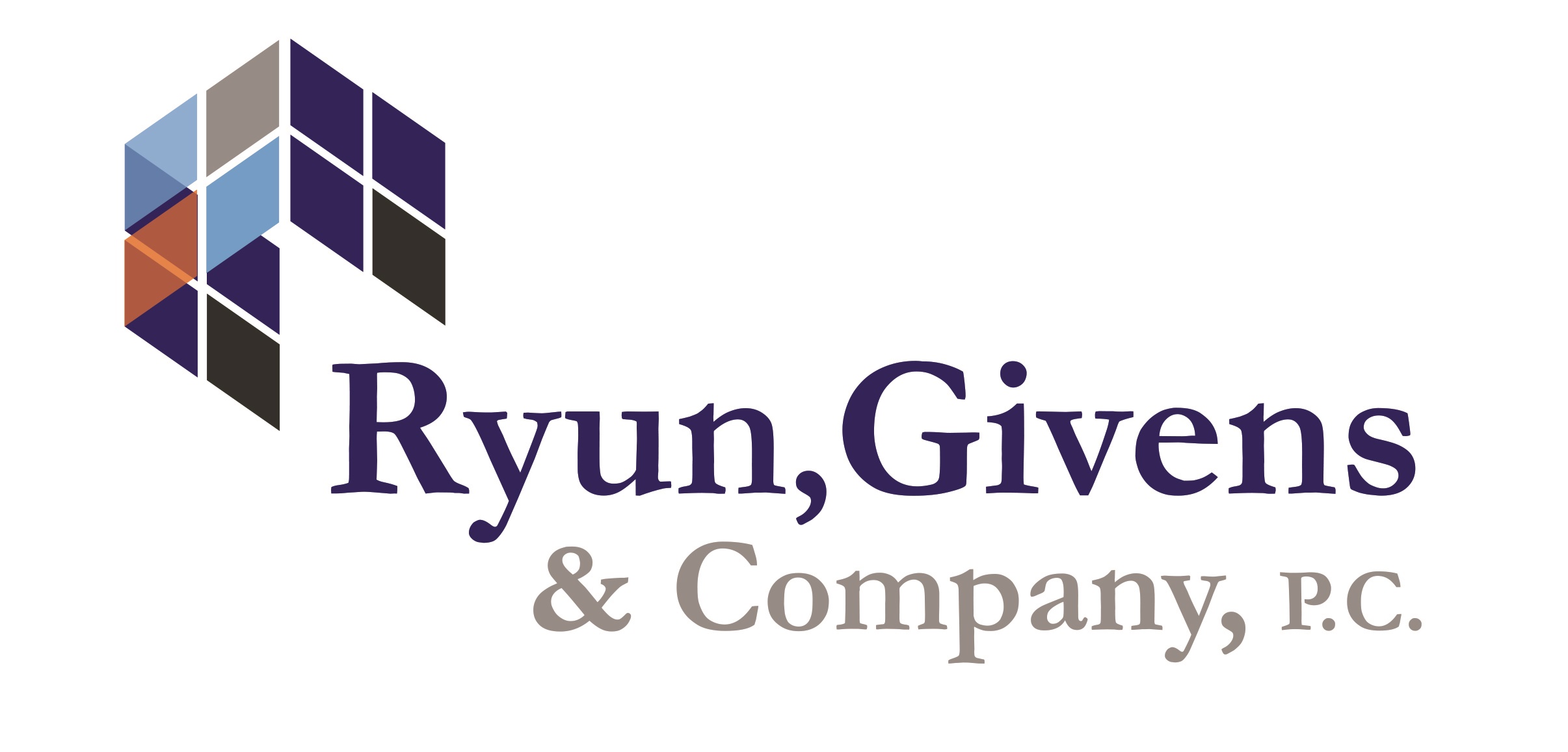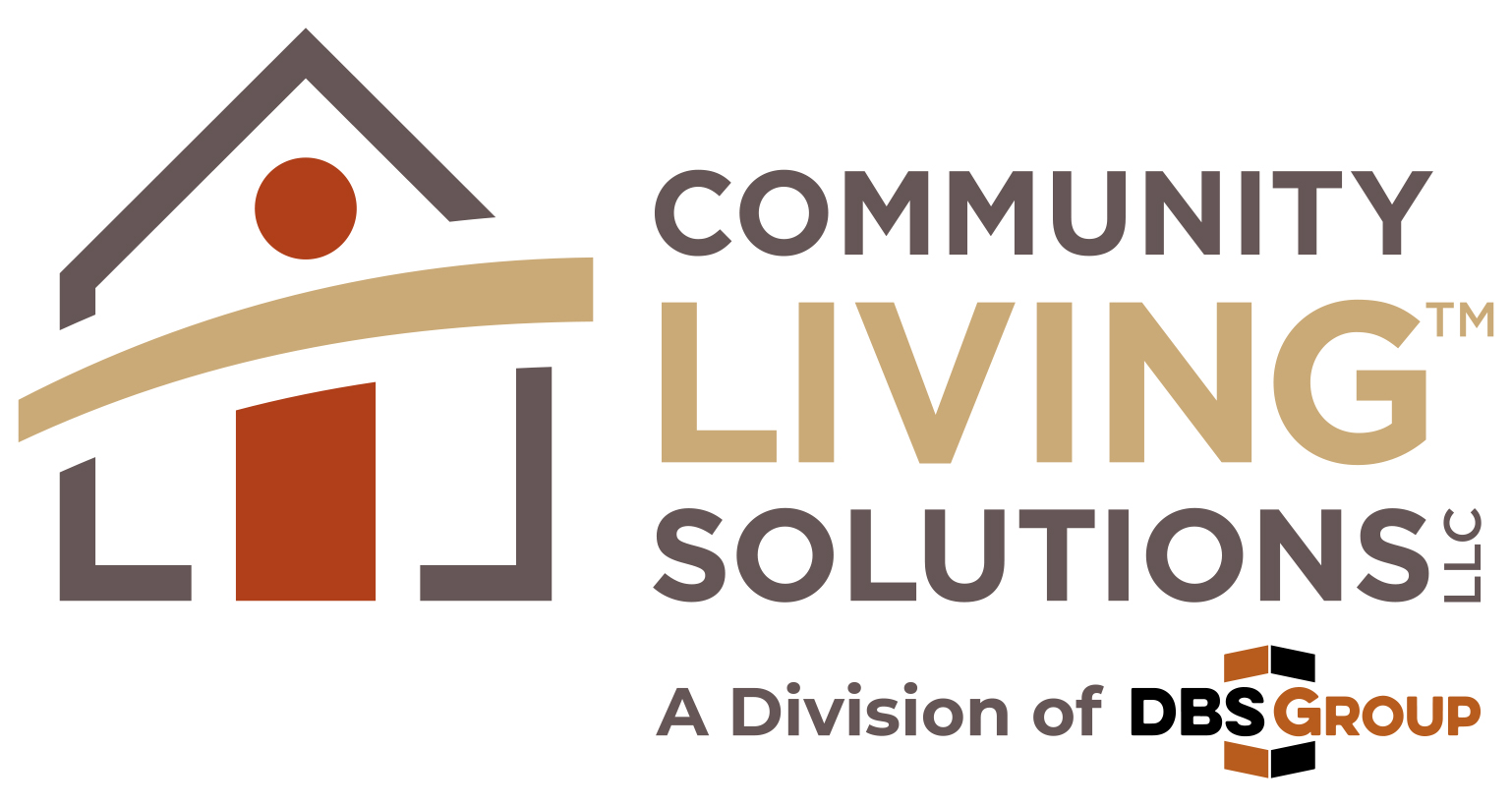|
Nurse Delegation Procedures
The next rule to review in the AL Rule Review series is 481-67.9 which relates to staffing. This month we will focus on nurse delegation procedures. Each program must staff a registered nurse (RN) that must ensure each staff member employed in the program is competent to perform expected duties. At a minimum, nurse delegation has to include:
- A newly hired RN must document a review to ensure that all staff are properly trained and competent to perform duties within their assignments within 60 days of hire.
- All staff must receive training and competency evaluation within 30 days of being hired by the program.
- Training for non-certified staff must include the provision of activities of daily living (ADLs) and instrumental activities of daily living (iADLs). Again, this will be within their assigned tasks. For example, if a person is assigned dietary tasks and activities, they will not be required to receive training/evaluation on ADLs.
- Both certified and non-certified staff must receive training regarding service plan tasks in accordance with medical or nursing directives and the acuity of the tenants in the program. This takes into account the individual tenant needs in your program. For example, you may have a tenant that has a colostomy which would require that each staff member be trained and competent with colostomy cares. However, if that tenant leaves and no others have a colostomy, then it would no longer be required to teach and evaluate competencies for staff.
- The RN must provide direct or indirect supervision of all staff (certified and non-certified) as necessary in their professional judgement and in accordance with the needs of tenants and staff. As stated, supervision is based on the necessity of each person and in accordance with the RNs comfort level. For example, the RN may routinely review task records to ensure that all items are being completed and documented. However, if there are concerns identified that an individual may be signing tasks that are not actually completed, they may directly supervise the person to ensure the task is being completed as it should be according to the training including accurate documentation.
- Services must be provided in accordance with the training. This rule is important as your competency training and evaluation checklists may require specific details to your program, such as electronic charting vs. paper. The expectation is that the staff provide care exactly to the training they received. For example, if your program has a policy that the aide will notify the program RN when a blood sugar is less than 70, the surveyor is going to expect that task is occurring when reviewing the tenant’s records.
- The program must have a system in place for communicating concerns on tenant’s health, functional and cognitive status. This must be retained for a minimum of three years and must be provided to the surveyor upon request. Insufficiencies are occasionally written on this when programs discard the communication after all staff have read it.
- In the absence of the program RN due to vacation or other temporary circumstances, the nurse assuming the duties of the program’s RN shall have access to staff training in relation to tenant needs.
While we are discussing nurse delegation it is also important to review 481-69.29(6) which requires new delegating nurses that are hired after January 1, 2010 must receive an assisted living manager course or assisted living nursing class whose curriculum includes at least six hours of training specifically related to Iowa rules and laws on assisted living. A minimum of one delegating nurse from each program must complete the training. If there are multiple delegating nurse and only one attends the training, they must train the other delegating nurses on the rules and laws.
|













